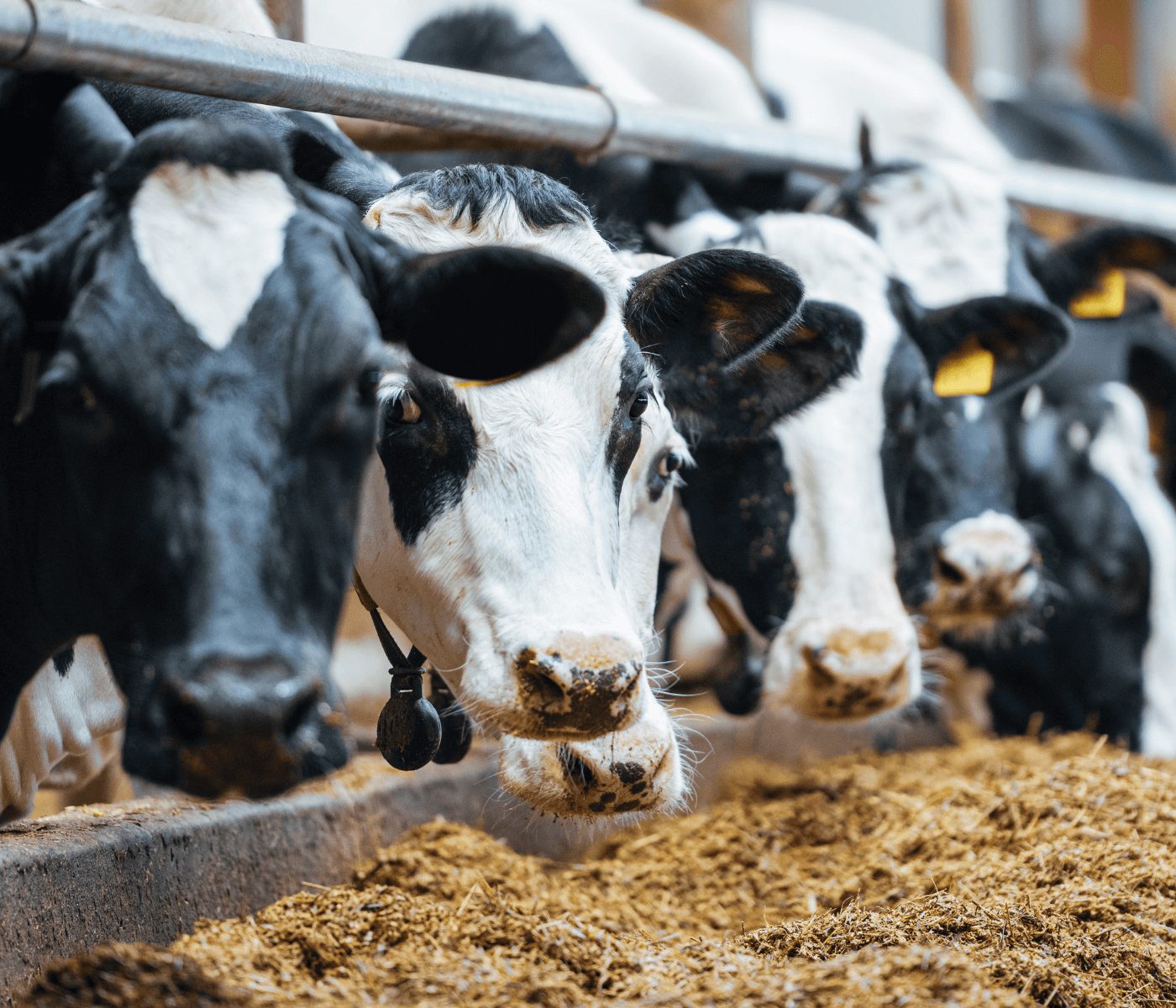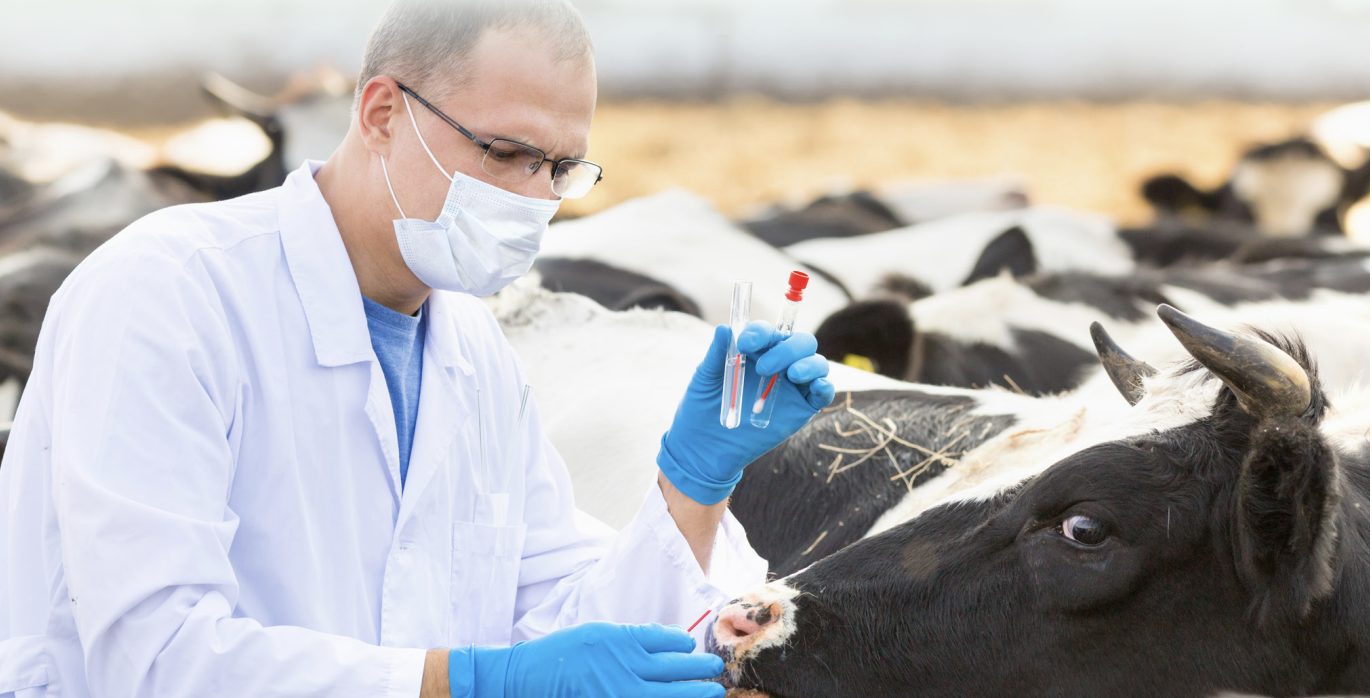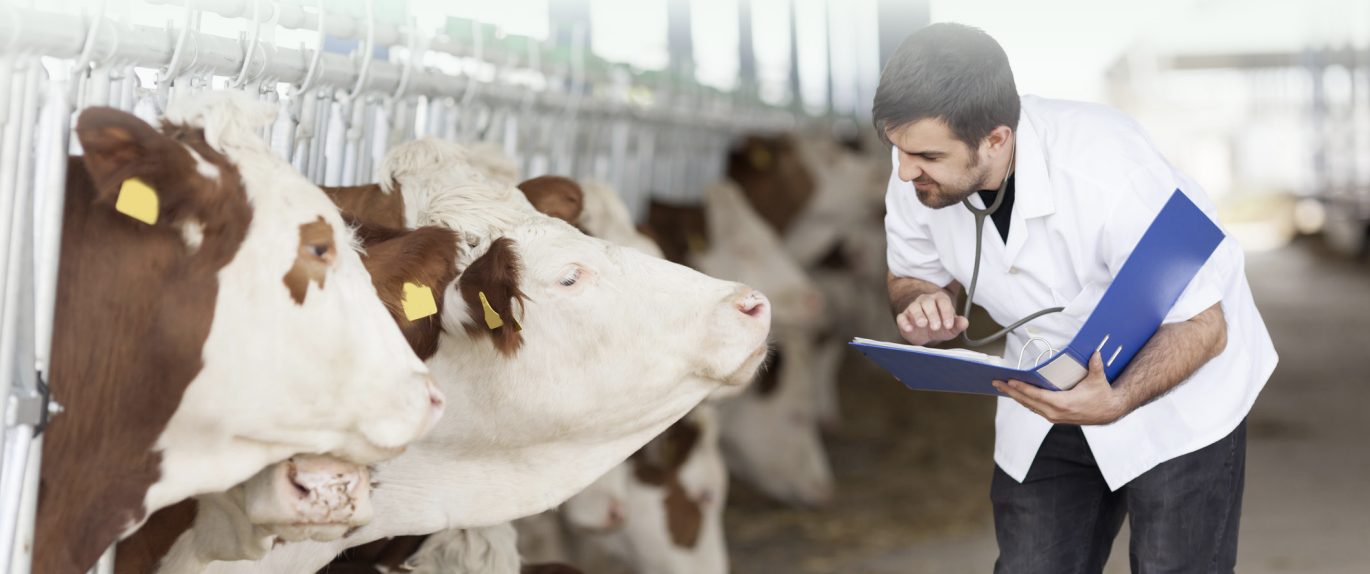 09 Jul 2025
09 Jul 2025
Sustainability and profitability in animal production: a necessary and possible balance
At a time when livestock production is facing one of the biggest challenges in its recent history – the need to produce more with less and more cleanly – the balance between sustainability and profitability has become an inescapable priority.
| Industry cannot afford to ignore environmental constraints, but neither can it compromise the technical and economic viability of farms. |

As a family-owned company with 30 years of experience in animal nutrition solutions, at Liptosa we firmly believe in balanced production models that allow us to maintain – and even improve – production results.
In this article we share our vision on how to contribute to more responsible production without sacrificing efficiency.
🌍 Global pressure, local responses
| In recent years, livestock production has come to occupy a central place in discussions on food sustainability, both because of the associated environmental impact and the role it plays in global food security. |
![]() This new context translates into stricter regulations: from restrictions on the use of antibiotics in several regions of Asia and Latin America, to the elimination of certain additives in Gulf countries and increasingly stringent environmental requirements in the European Union.
This new context translates into stricter regulations: from restrictions on the use of antibiotics in several regions of Asia and Latin America, to the elimination of certain additives in Gulf countries and increasingly stringent environmental requirements in the European Union.
But it is not only the legislation that is changing. The end consumer, who is increasingly informed, demands products of animal origin whose production is environmentally friendly, safe and based on animal welfare. This is leading to a rethinking of traditional practices, forcing industry to evolve rapidly.
In this situation, the “global” approach loses effectiveness. What works on a European farm may not be viable or effective in an Asian intensive production system, or in an extreme climate environment in North Africa. Adapting to local requirements is therefore more important than ever.
🔬 Nutrition as a strategic tool
Far from being limited to covering physiological requirements, animal nutrition has become a key tool to improve responsible production on livestock farms. At Liptosa we observe a growing interest on the part of technicians and producers in strategies that provide additional benefits:
![]() Reduction of pollutant emissions: through adjusted formulations, additives that optimize digestibility and strategies that improve rumen fermentation or reduce nitrogen excretion.
Reduction of pollutant emissions: through adjusted formulations, additives that optimize digestibility and strategies that improve rumen fermentation or reduce nitrogen excretion.
![]() Improved feed efficiency: a cross-cutting objective in all markets, where feed price represents the main cost of production. Functional additives, enzymes and other digestive modulators allow you to maximize the use of nutrients.
Improved feed efficiency: a cross-cutting objective in all markets, where feed price represents the main cost of production. Functional additives, enzymes and other digestive modulators allow you to maximize the use of nutrients.
![]() Gut health and immune resilience: With increasing pressure to limit antimicrobial use, the industry is moving towards strategies that prioritize prevention. Good intestinal functionality not only protects against pathogens, but also optimizes the absorption of nutrients, reducing losses and improving production indicators.
Gut health and immune resilience: With increasing pressure to limit antimicrobial use, the industry is moving towards strategies that prioritize prevention. Good intestinal functionality not only protects against pathogens, but also optimizes the absorption of nutrients, reducing losses and improving production indicators.
![]() Management of mycotoxins and contaminants: with increasingly extreme climates, in a context where raw materials are of diverse origin and health challenges more complex, nutritional strategies that integrate broad-spectrum scavengers with immune support represent an essential tool to maintain production stability and reduce invisible losses.
Management of mycotoxins and contaminants: with increasingly extreme climates, in a context where raw materials are of diverse origin and health challenges more complex, nutritional strategies that integrate broad-spectrum scavengers with immune support represent an essential tool to maintain production stability and reduce invisible losses.
🔎 Data, evidence and technical validation
One of Liptosa’s strengths is the ability to combine expertise with specific tests in real field conditions. We have a technical team made up of veterinarians and agronomists who collaborate directly with distributors, nutritionists, veterinarians and producers to verify the effectiveness of each product, adapting it to the particularities of the local challenge.
Over the past few years, we have developed a robust internal validation program that includes:
This approach allows us to accompany our distributors and collaborators at every stage of the process, providing not only products, but also knowledge, trust and proven results.

🌱 Adaptability and proximity: our commitment
Our work model is focused on listening to the needs of the market and offering personalized responses. We do not work with standard solutions, but with proposals adjusted to the reality of each client, each species and each geographical area.
![]() This flexibility, combined with a close and professional service, is one of the reasons why today we are present in more than 60 countries, with a network of first-rate technical collaborators.
This flexibility, combined with a close and professional service, is one of the reasons why today we are present in more than 60 countries, with a network of first-rate technical collaborators.
We know that every farm has its own challenges. That is why we are committed to long-term relationships based on trust, fluid communication and continuous improvement.

🧩 Conclusions
| Sustainability is not a fad or an external obligation: it is an opportunity to evolve towards more efficient, more respectful and more profitable systems. . |
| At Liptosa, we understand that the path to more responsible livestock farming must be traveled with technical knowledge, constant innovation and local adaptation. |
Shall we talk about how to face these challenges together?
 Lisa J. Collado Chichel
Lisa J. Collado Chichel
Degree in Veterinary Science
Marketing manager at LIPTOSA
Subscribe now to the technical magazine of animal nutrition
AUTHORS

Nutritional Interventions to Improve Fertility in Male Broiler Breeders
Edgar Oviedo
The Use of Organic Acids in Poultry: A Natural Path to Health and Productivity
M. Naeem
Synergistic Benefits of Prebiotics and Probiotics in Poultry, Swine, and Cattle
Gustavo Adolfo Quintana-Ospina
Hybrid Rye Potential in Laying Hen Feed Rations
Gwendolyn Jones
A day in the life of phosphorus in pigs: Part I
Rafael Duran Giménez-Rico
Use of enzymes in diets for ruminants
Braulio de la Calle Campos
Minerals and Hoof Health in the Pregnant Sow
Juan Gabriel Espino
Impact of Oxidized Fats on Swine Reproduction and Offspring
Maria Alejandra Perez Alvarado